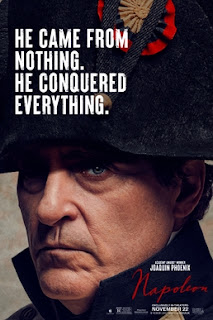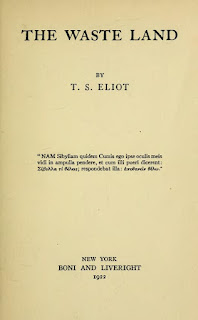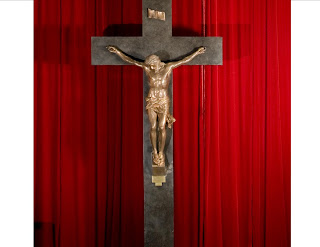On Thanksgiving Eve, I went to see the new Napoleon movie, produced and directed by Ridley Scott and written by David Scarpa. It stars Joaquin Phoenix as Napoleon and Vanessa Kirby as his first wife and Empress, Joséphine.
Napoleon is, of course, one of modern history’s more interesting figures, not just for what he actually accomplished but for his symbolic significance. He was, after all, a forerunner of the modern European Community. Of course, one could consider the Holy Roman Empire (which Napoleon dissolved in 1806) also a forerunner of the EU, but the Holy Roman Empire (which, as has often been said, was by then neither holy, nor Roman, nor an empire) hardly exercised the invasive power over people and nations which the modern EU does. But Napoleon did approximate that at least in 19th-century terms. Of all of this, however, the movie has nothing to say. It is more or less obvious in the film that Napoleon tried to conquer Europe, but how actually close he came to success and how thoroughly he remade European institutions is hardly hinted at.
Another aspect of Napoleon that is appears extremely contemporary is his charisma. Unlike the Bourbon kings who preceded and succeeded him and whose rule was obviously traditional in nature, Napoleon’s rule was charismatic in nature. That his rule was charismatic in nature is demonstrated in the film especially towards the end – for example, when he makes his personal appeal to the royalist troops sent to halt him after his return from Elba and in the admiration the British midshipmen show for him.
Also, of course, in contrast to the Bourbon kings’ religious legitimacy, Napoleon’s legitimacy, such as it was, was secular. Yes, he was crowned by the Pope (to play at a legitimacy comparable to the Holy Roman Emperor and Europe’s other anointed monarchs), but that event was instrumental rather than traditional, and the constitution he swore at. his coronation to enforce was secular rather than religious. The film clarifies none of this. The coronation just happens, with little preparation and less context.
I had been looking forward to seeing this film, and it does have its merits. It portrays one of early modern Europe’s great love stories. It displays some dramatic battle scenes, which highlight the horror of the experience and make one wonder why it was seen as worth it. Like so many contemporary films, it is unfortunately too long – two hours and 38 minutes long. The actual story of Napoleon and Josephine’s love and/or the actual story of Napoleon’s anticipation of the European community by conquest might merit two hours and 38 minutes long, but I don’t think this effort is sufficiently successful to make such a claim.
The French newspaper Le Figaro said the film could be renamed “Barbie and Ken Under the Empire.” That is certainly unfair, but it is, I think, fair to say that the film may not merit an audience’s attention for all two hours and 38 minutes. True, the movie spans 28 event-filled years in Napoleon’s life — from Marie Antoinette’s execution in 1793 (which I don’t believe the real Napoleon actually attended) and his career-making success at the Siege of Toulon later that year, all the way through his coup d’etat and reign as Emperor of the French, up until his defeat, exile and death at Saint Helena in 1821. That may be part of the problem since the multiple events in Napoleon’s career are presented in rapid-fire sequence without a lot of explanation of how each event led to the next. Nor does it help that the actor who plays Napoleon is so much older than the actual Napoleon would have been for most of the events in the film.
The battle scenes are filmed on a grand scale, and the visuals (costumes, palaces, etc.) are worth looking at. But it is not clear to this watcher that Napoleon the man, the eccentric way he is actually depicted in this film, would likely have been such a successful military commander. Indeed his victories seem more like acts of perseverance than of real heroism. Domestically, too, there is little of the historical hostility between Napoleon’s family and his wife, but the film does portray the disdain Europe’s real royals had for him and his dynastic aspirations. In the end, of course, the empire he created as an alternative to France’s thousand-year old monarchy lasted only a decade.
How a low-born Corsican transformed himself through obvious military valor and genuine political talent into an Emperor should surely be a story well worth depicting, but again everything happens so rapidly, just one thing after another, that one doesn’t get much feel for the details of how those events unfolded – or even what talents of his (in addition to his obvious success at winning battles) made such a counter-intuitive ascent possible.
It does, however, capture his personal hubris, which presumably is. historically accurate!





